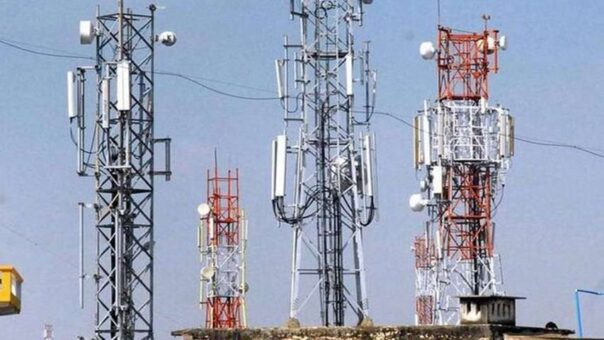In a recent turn of events that has the telecom industry at odds with the Federal Board of Revenue (FBR), Cellular Mobile Operators (CMOs) in Pakistan have voiced significant apprehensions regarding the FBR’s directive to block SIM cards of tax non-filers.
(more…)Tag: telecom sector
-
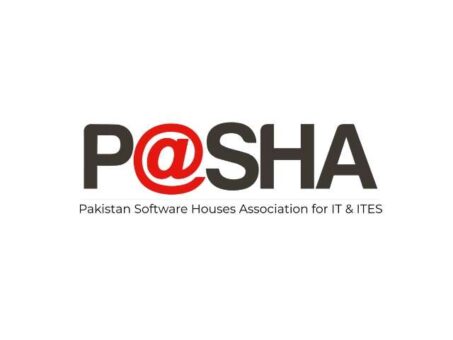
Pakistan Invests Rs 70 Billion in Telecom Infrastructure and Digital Connectivity
KARACHI: Pakistan has made substantial investments totaling over Rs 70 billion in various telecom infrastructure and digital connectivity development projects over the past three years, according to Syed Aminul Haq, former Federal Minister of IT and Telecommunication.
(more…) -
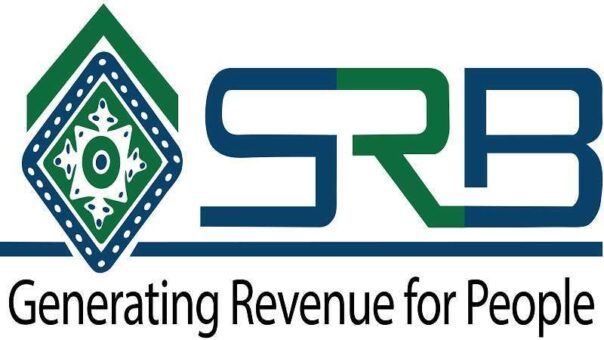
SRB issues updated sales tax rate of 19.5% on telecom services
KARACHI: The Sindh Revenue Board (SRB) on Monday notified updated sales tax rate of 19.5% on telecommunication services.
(more…) -
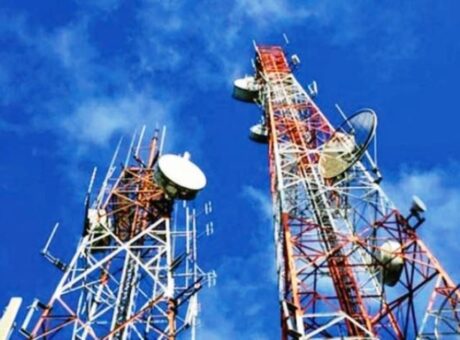
Telecom sector gets relief measures in budget 2021/2022
ISLAMABAD: The telecommunication sector has received several relief measures in the federal budget 2021/2022 that will help new investment in this sector.
According to budget commentary released by KPMG Taseer Hadi & Co. Telecommunication is one of the largest service sectors of Pakistan contributing substantial revenue in the form of taxes on telecom services and income tax on profits.
The Finance Bill 2021 proposes several relief measures for this sector, some of them were being demanded for long, such as grant of ‘industry’ status for tax purposes.
These measures will help to attract investment in telecom infrastructure and reduce the cost of doing business and consequential relief to the public.
Following tax relief measures are proposed for this sector:
—Grant of industry status which will resolve several anomalies in taxation of this sector. Also, it will make it possible for telecom companies to import plant and machinery without collection of advance tax after obtaining exemption certificate from the Commissioner.
—Reduction in rate of withholding tax on receipts from 8% at present to 3%. As the said tax is also minimum tax, this will entail a reduction of 62.5% in effective tax rate on income for those with low profits.
—Reduction in rate of federal excise duty on telecom services from 17 percent to 16 percent. This will however only be relevant for services rendered in Islamabad as services rendered in provinces are subject to provincial sales tax.
—Abolition of fixed sales tax on SIM cards. However, this will not affect existing cases in litigation.
-
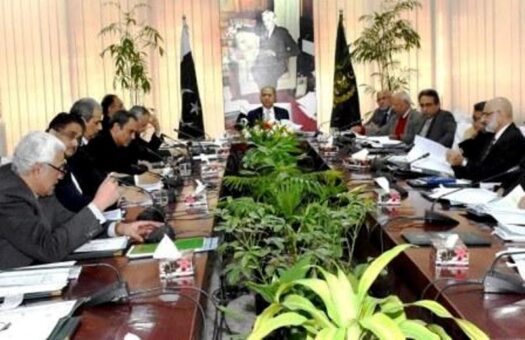
ECC approves tax recommendations for telecom sector
ISLAMABAD: The Economic Coordination Committee (ECC) of the Cabinet on Friday approved tax recommendations for telecom sector, which were already endorsed by the Federal Board of Revenue (FBR).
Secretary, Ministry of Information Technology and Telecommunication presented a summary regarding taxation issues of the Telecom Sector.
The ECC had earlier constituted a sub-committee dated October 20, 2020, under the Chairmanship of the Adviser to the PM Dr. Ishrat Hussain, for due deliberation.
The sub-committee presented its recommendations before ECC. The Committee approved these recommendations as endorsed by FBR.
Federal Minister for Finance and Revenue, Dr. Abdul Hafeez Shaikh, chaired the meeting of the Economic Coordination Committee (ECC) of the Cabinet on Friday.
Federal Minister for National Food Security and Research Syed Fakhar Imam, Federal Minister for Industries and Production Hammad Azhar, Adviser to the PM on Institutional Reforms and Austerity Dr. Ishrat Hussain, SAPM on Revenue Dr. Waqar Masood, SAPM on Power Tabish Gauhar, SAPM on Petroleum Nadeem Babar and Chairman Board of Investment (BOI) Atif Bokhari participated in the meeting.
Ministry of Industries and Production presented a summary before ECC regarding revision of subsidized prices of essential commodities by the Utility Stores Corporation of Pakistan, in accordance with the earlier directive of ECC dated 28 January, 2021.
Secretary, M/o Industries and Production presented various proposals to rationalize prices of wheat flour, sugar and ghee in view of continuous fluctuations in international commodity prices.
After detailed discussion, the ECC approved only partial rationalisation and directed to provide maximum relief to the consumers despite significant price differential between subsidized price offered by the USCs and the prevailing prices in the domestic markets.
This is in compliance with the Prime Minister’s Relief Package-2020 to provide basic commodities at affordable rates through a network of Utility Stores across Pakistan.
ECC also approved another summary by the Ministry of Industries and Production for outstanding payment to M/s Ocean Wide Shipping Services, amounting to USD 0.58 million from Pakistan Steel Mills to fulfill a contractual obligation for transportation of coal during the year 2010.
The ECC considered a summary by the Ministry of Energy (Petroleum Division) regarding tax on payments to the offshore supply contractor to meet the contractual obligation. The ECC established a sub-committee comprising SAPM on Petroleum, Secretary Law Division, Secretary Power Division and FBR with a direction to evaluate the proposal and present workable recommendations before the forum for consideration.
Ministry of Energy presented another summary about revocation of Neelum Jhelum (NJ) surcharge @ Rs.0.10 per KWH electricity consumers. The ECC considered and approved the revocation of Neelum Jhelum surcharge (with immediate effect).
Secretary, Ministry of National Food Security and Research placed a summary before ECC regarding a mechanism for disbursement of subsidies in line with the Prime Minister’s Fiscal Package for Agriculture in the backdrop of COVID-19 pandemic. The summary was approved by the ECC for timely disbursements of subsidies to the Provinces by the M/o NFS&R subject to clearance by the Finance Division.
The ECC also considered and approved a summary regarding Government’s sovereign guarantee for a PSDP project titled National Electronics Complex of Pakistan (NECOP, executed by National Engineering and Scientific Commission.
Following Technical Supplementary Grants were also approved:
• Rs. 550 million for Special Communications Organization (SCO) from Ministry of Information and Technology during the FY 2020-21.
• Rs. 200 million were approved (out of total allocation of RS. 362.239 million) to Special Technology Zones (STZA) during the current financial year.
• Rs. 109 million to Ministry of Information and Broadcasting (MOIB) to clear outstanding Bills related to media campaigns on behalf of Ehsaas Program during FY 2019-20.
-

FBR proposed to reduce import duty on smartphones
KARACHI: Federal Board of Revenue (FBR) has been urged to reduce customs duty on import of smartphones for the growth of economy.
In its proposals for budget 2020/2021 submitted to FBR, the Overseas Investors Chamber of Commerce and Industry (OICCI) said that after the implementation of DIRBS and accompanying tax increase, the smartphone penetration in the country has dropped by 6 percent in the current fiscal year.
“This is primarily due to the reason that for smartphone, we primarily rely on imports,” the OICCI said.
Smartphones are not only used for communications but are predominantly used as an enabling tool for internet in almost all segments of the economy including finance, education, health, agriculture, social development etc.
In the digital ecosystem, availability and affordability of these phones plays a major role in the growth of economy.
All imported mobile phones including smartphones are now heavily taxed, rendering them unaffordable for vast segment of the population.
This lack of affordability has become major impediment in proliferation of broadband in the country.
The OICCI recommended:
i. Retaining the current tax structure on low-end 2G handsets/feature phones (i.e. Rs. 500 as tax per device)
ii. Reducing taxes on 3G/4G handsets (smartphones) below Rs. 10,000 and cap it to a max of Rs. 1,000/- per device
iii. Reducing taxes on smartphones in the higher price brackets and cap it to a max of Rs. 5,000/- per device.
-

FBR urged to abolish withholding tax on telecom services
KARACHI: Federal Board of Revenue (FBR) has been recommended to abolish withholding tax on telecom services considering the rate is too high and a large segment of people living below poverty line.
Overseas Investors Chamber of Commerce and Industry (OICCI) in its proposals for budget 2020/2021 said that currently, telecommunication services in Pakistan are subject to withholding tax at 12.5 percent, which is much higher as compared to other sectors.
Since approximately 30 percent of the population lives below the poverty line and the percentage of return filers is also nominal, imposition of withholding tax on the entire subscriber base is neither fair nor based on sound principle of proportionate taxation.
The OICCI recommended the FBR to abolish withholding tax to promote the accessibility of internet/data services to the low-income groups.
The OICCI also highlighted the issue of sales tax on services applicable in provinces.
In Punjab, KPK, Baluchistan and Sindh, GST on telecom sector is charged from all consumers at 19.5 percent. In the federal capital, this rate is 17 percent.
It is pertinent to mention that the provinces are levying a much lower rate of GST on other services – i.e. 13 percent – 16 percent.).
The OICCI recommended:
i. Reduce and harmonize GST across the country – i.e. a single rate for all services across all jurisdictions.
ii. Since GST is a consumption tax on usage, the decrease in GST/FED rate will result in increase in usage of telecom services and consequently drive tax collection upwards.
iii. A recent GSMA study1 concluded that harmonization of GST on mobile services to 17 percent would yield have an estimated PKR 62 billion positive impact on the GDP and exchequer. Additionally, we can expect 4.5 million more subscribers primarily on mobile broadband, which will be further stimulate GDP growth.
-

Exemption on import of telecom equipment demanded to encourage investment
KARACHI: Foreign and multinational companies have demanded the Federal Board of Revenue (FBR) to exempt sales tax and customs duty on import of telecom equipment in order to encourage investment in this sector.
The Overseas Chamber of Commerce and Industry (OICCI) in its proposals for budget 2019/2020 said that telecom was very investment intensive sector and it should be given concessions in terms of reduced rates of customs duties and exemption of sales tax against import of telecom equipment.
The exemption and concessions are important to promote the teledensity throughout the country especially in far flung areas so that the benefits of next generation mobile services can be reached to the masses living in backward areas, said the OICCI – the representative body of foreign investors and multinational companies in Pakistan.
Previously, telecom sector was importing telecom equipment at 5 percent customs duty and zero percent sales tax under SRO 575, however, through Finance Act, 2015, this SRO was rescinded and consequently, the customs duties on network equipment have been increased from 5 percent to 20 percent and sales tax exemption has been removed.
“The increase in custom duty and levy of sales tax has badly affected the pace of growth and digital inclusion as the cost of doing business has been significantly increased which is an additional barrier to network coverage in Pakistan,” the OICCI said.
The roll out of 3G/4G network is still very much at the early stages and reduction in customs duties and restoration of sales tax exemption will help the operators to sustain the necessary investments.
Therefore, the OICCI recommended to reinstate the concessionary custom duties/ exemption of sales tax (refer SRO 575) to encourage investments in IT/ telecom infrastructure.
-

Jazz, Enfrashare partner to accelerate telecom infrastructure
KARACHI: Jazz, Pakistan’s leading digital communications company, and Enfrashare (Private) Limited have signed an agreement to accelerate growth in telecommunications infrastructure.
This partnership will propel Jazz in strategically expanding its digital infrastructure robustness across both the rural and urban sections of the country, said a statement on Monday.
Under this partnership, Enfrashare will develop the telecom infrastructure and also provide key services for Jazz, thereby reducing Jazz’s capital investment, paving the way for the digital giant to focus on core business functions and continue upscaling its connectivity reach.
This collaboration will also enhance Pakistan’s critical communication infrastructure network, while also allowing Jazz to meet its coverage and capacity requirements.
Aamir Ibrahim, CEO – Jazz commented on the deal: “We aim for rapid digitalization through such strategic investments. Our partnership with Enfrashare marks a new milestone for Pakistan’s connectivity agenda.
“Together, we are enhancing the local telecom infrastructure and expanding Jazz’s effort to spur the digital turn-around even further.”
Enfrashare, with its expertise and investment in infrastructure provides an opportunity for the country to be part of the new digital era upon which the sectors of education, agriculture, financial services and health can capitalize and grow.
To enable this and establish operations, Engro Group has already approved an investment of PKR 7.5 billion in the company.
Rehan Hassan, CEO, Enfrashare said, “Enfrashare firmly believes that connectivity is now a basic human need, it is the conduit that enables social and financial inclusion.
“This requires significant capital investments in infrastructure while displaying the highest levels of service quality. We are proud to be recognized by Jazz as a trusted partner to develop and manage these critical assets.”
-
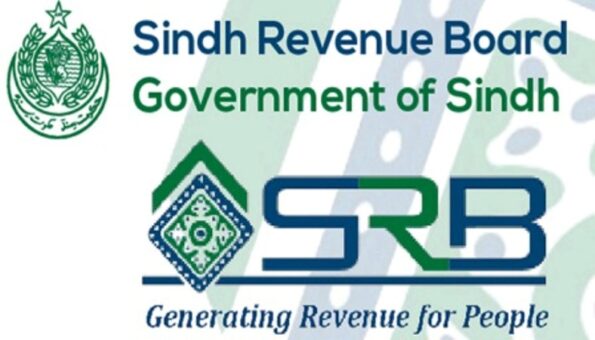
SRB extends return filing date for telecom service providers
KARACHI: The Sindh Revenue Board (SRB) has announced an extension for the filing of returns. The revised deadline, now set for May 3, 2019, pertains specifically to the tax period of March 2019.
(more…)
